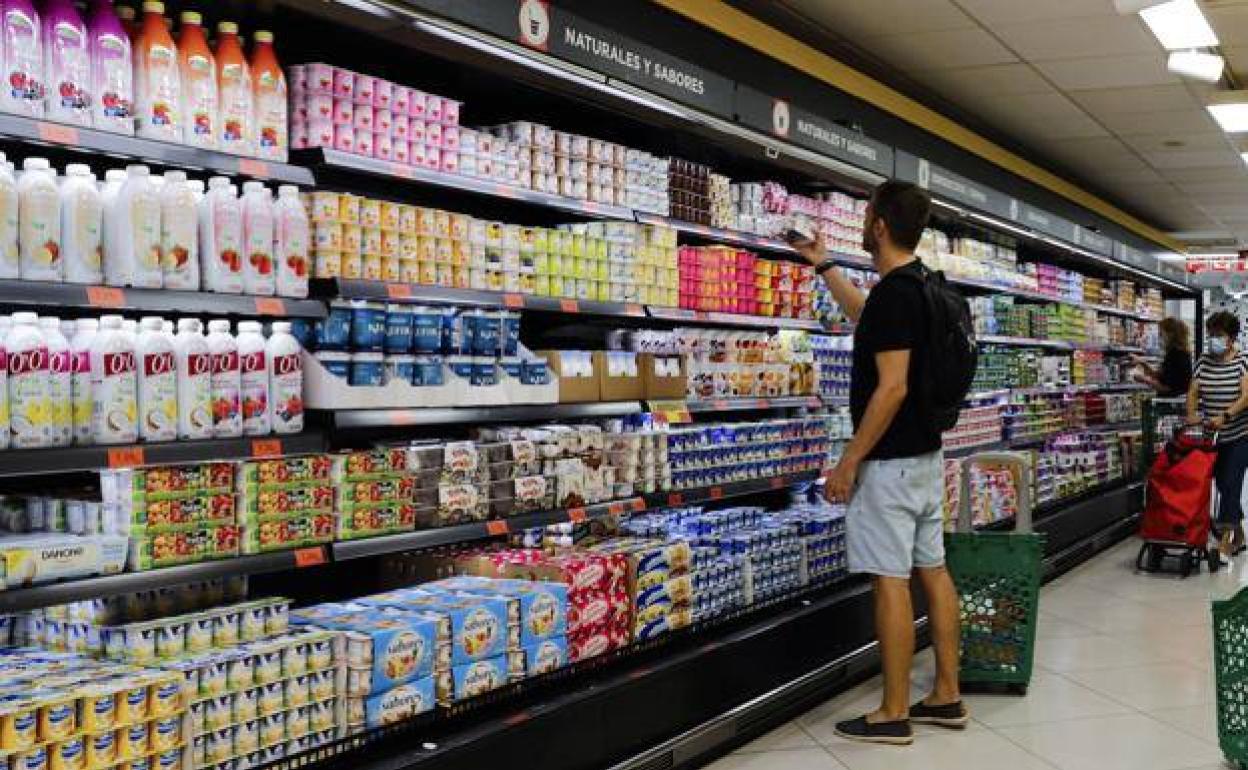High energy prices force Spanish consumers to change their shopping habits
Shoppers are buying more supermarket own brands and fewer items than they used to, according to reports
Clara Alba
Madrid
Wednesday, 10 August 2022, 09:44
The rise in energy prices is not only affecting the amount that consumers have to spend but also what they are spending it on. Having to use more of the family budget to pay the electricity bill has led many people to cut back in other areas, according to a report published by the Bank of Spain on Tuesday 9 August, which also warned that households with low income are being hit particularly hard.
The report explains that the prospects for income and economic growth have been negatively affected by the war in Ukraine and people’s expectations about their financial situation have deteriorated somewhat since the Russian invasion.
One particularly noticeable effect is that many consumers have postponed their planned purchase of a new car. Registrations fell by 12.5% in July (a month which is normally positive for the sector), with private vehicles accounting for most of the reduction.
Paying more, buying less
People have also changed their shopping habits because of the price they are having to pay for electricity. The Gelt consultancy has issued a report showing that families are buying fewer products now, and are choosing cheaper brands and supermarket own brands to save money. In June, shoppers bought 3.2% more of these brands than they did a month before, but they are also more expensive now than they used to be.
Between June 2021 and the same month in 2022, the average number of items in a shopping basket fell by 23.6%, but even so the average amount people spend on food and household items has risen by 8.3% in a year, so consumers are having to buy less but pay the same or more.
Food prices have risen on average by 25.8% in the same period, especially bread, cereals, flour and some fruit and vegetables.
“Consumers react by trying to adjust their spending and that has major implication for brands. I believe we are going to see less brand loyalty, decisions which focus more on price, fewer treats and unnecessary products and a tendency to search for bargains. The fact that supermarket own brands are also more expensive now is evidence that demand for them has increased,” said José Luis Varela, Global Head of Data at Gelt.
